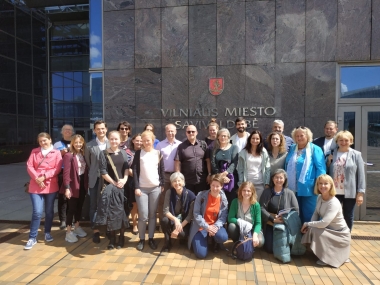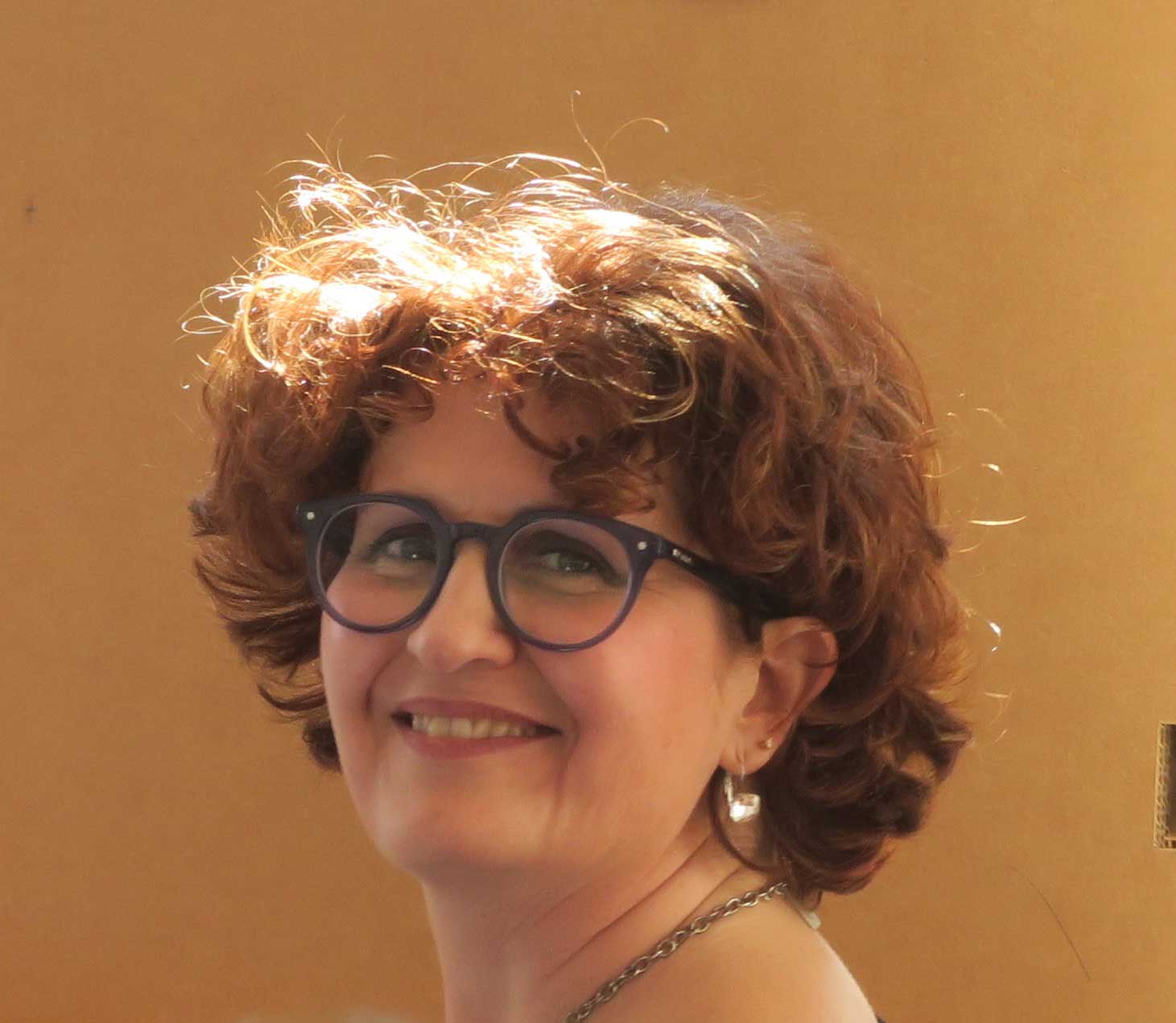Transnational Meeting in Vilnius, 9-10 July 2019
Edited on
26 August 2019The City of Vilnius hosted the project’s Transnational Meeting on 9-10 July. Representatives from the partner cities participated in the two-day gathering made of workshops, presentations, field visits and round table discussions. The venue for the first day of the meeting was the City’s Municipality, while the Vilnius Tech Park was the venue for the second day of activities.

“Welcome to Vilnius, one of the greenest capitals in Europe. We have a many ideas on how a city can grow greener and we would like to further promote the creation of green spaces and ensure quality recreation in parks and urban spaces. The gardens you cherish in your cities are great examples that we will continue to apply in Vilnius” were the welcoming words from Deputy Mayor of Vilnius, Vytautas Mitalas.
During the meeting, participants analysed the different existing initiatives of community gardens in Vilnius and shared similar experiences taking place in other partner cities. Significant added value to the discussions was the input from ULG members (Urbact Local Groups) of Krakow, Loures and Caen who had traveled to Vilnius to exchange experiences and know-how with local ULG members. The result of this enriching exchange was the unanimous enthusiasm and belief in gardening as a tool for fostering community development and social interaction among the inhabitants of Vilnius.
All partners and ULG members participated in the seminar dedicated to “Capacity Building”, one of the three components of the project together with “Governance” and “Vocational Training”, which turned out to be a very stimulating, interactive and enjoyable session.
The Transfer process of the Rome Regulations for the Management of green areas to the City of Vilnius was also a key element on the agenda, and the steps to be taken in order to adapt the Regulations to the local context were identified in order to further harmonize the community garden management model for the city. Despite a clear city regulation in the matter so far, it was agreed that urban gardens in Vilnius can be established and further developed.
A field visit was conducted to the Sapiegai urban garden, a community initiative created in 2006 turned into an educational center called “City Laboratory” where harvesting and community gathering events are held. Participants found it very useful to see the differences between the existing gardens presented during the meeting in terms of their purposes, locations and management models as they will contribute to share knowledge which could be incorporated into the manual on how to set up new urban gardens, to be produced by the City of Vilnius by the end of 2019.
City officials involved in the project implementation will continue to promote the project outputs and urban gardening as part of the local policies agenda.
 Submitted by Patricia Hernandez on
Submitted by Patricia Hernandez on
